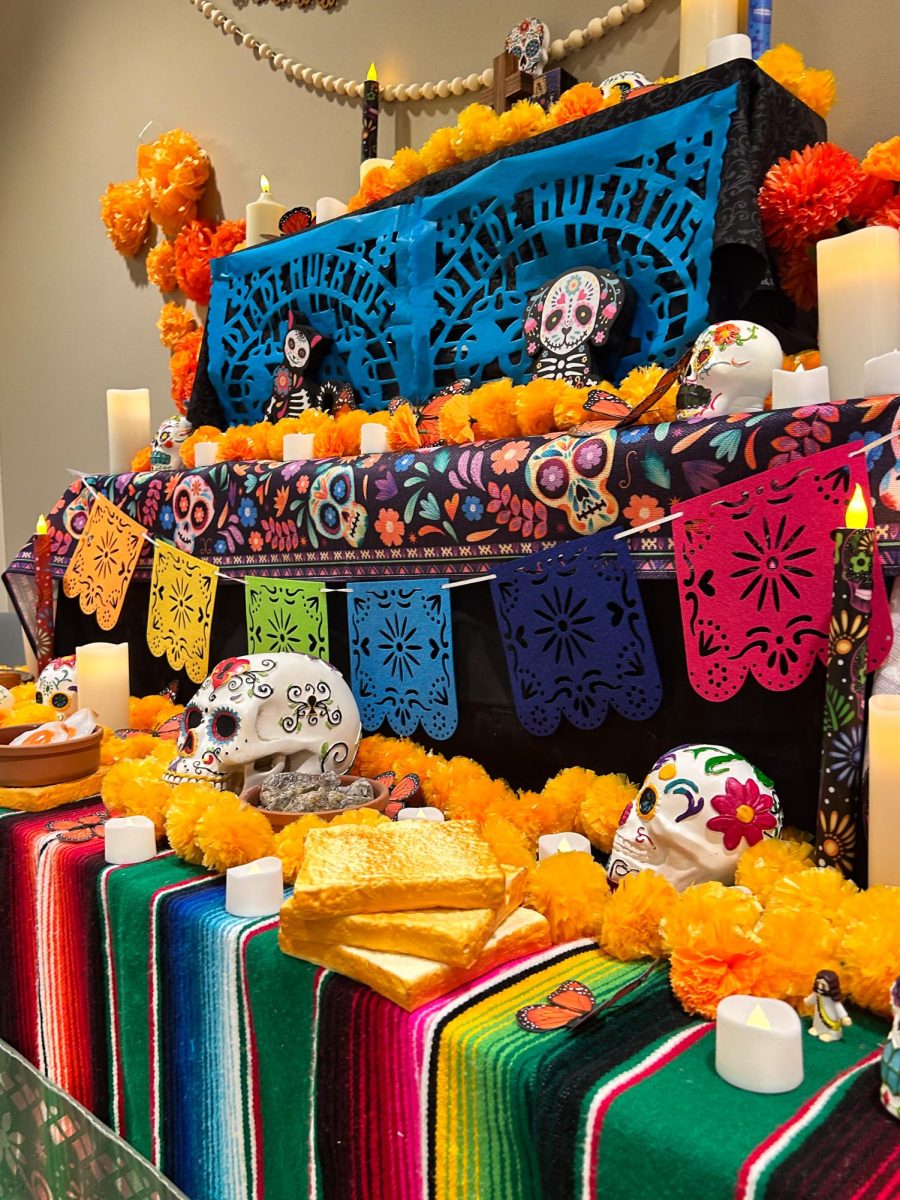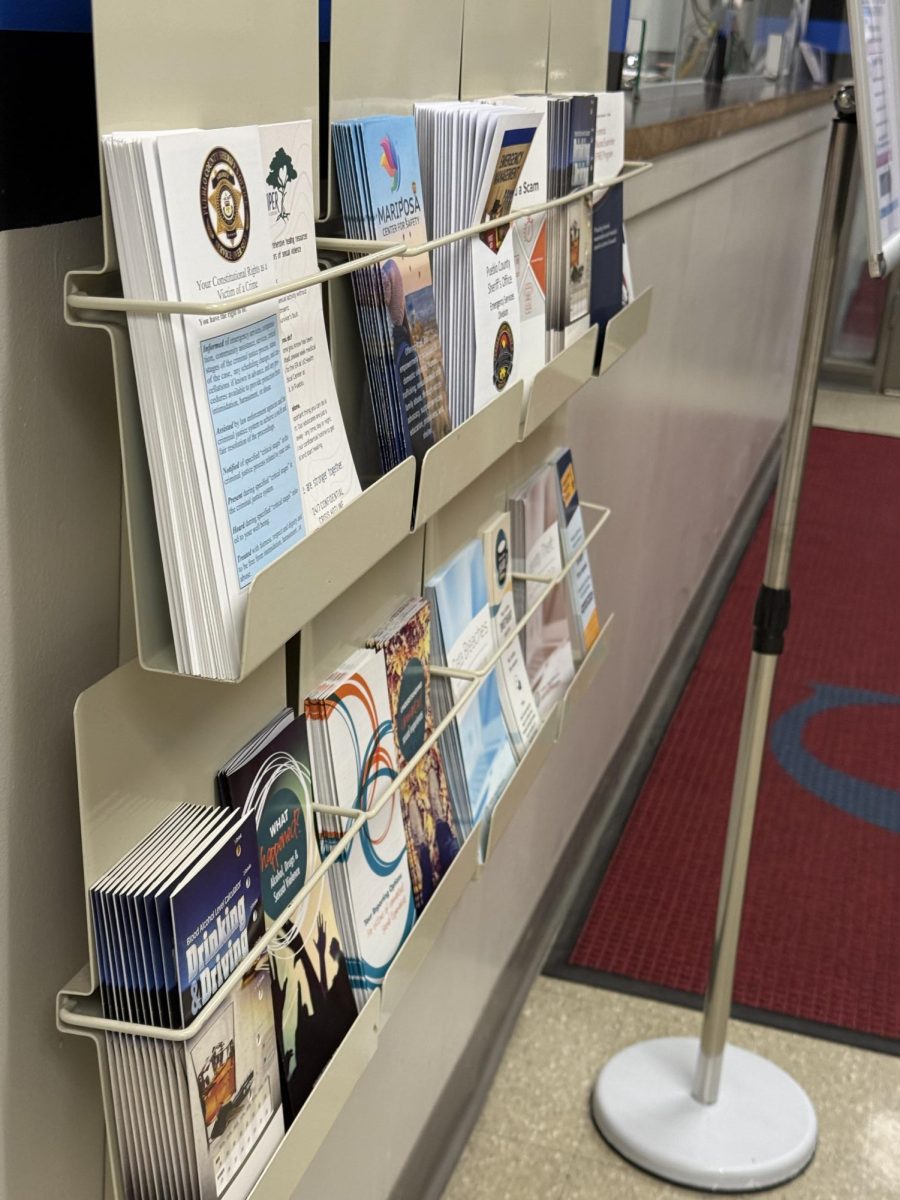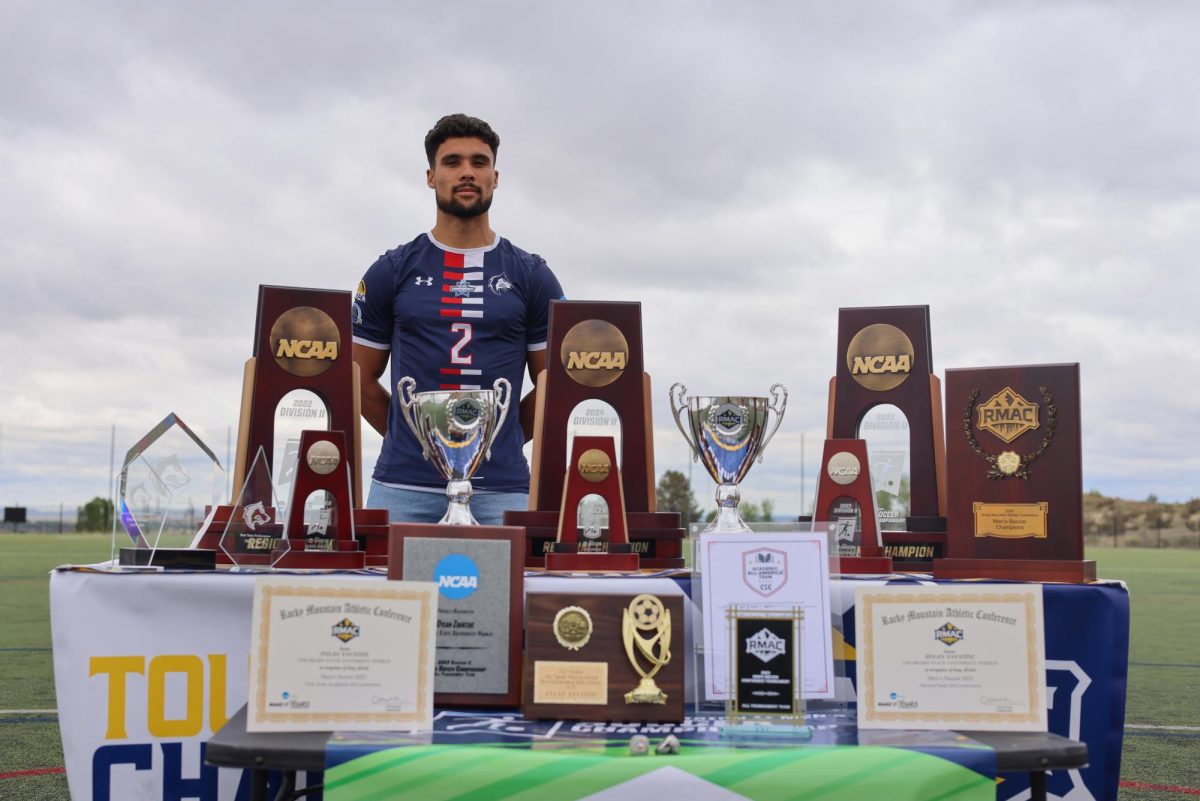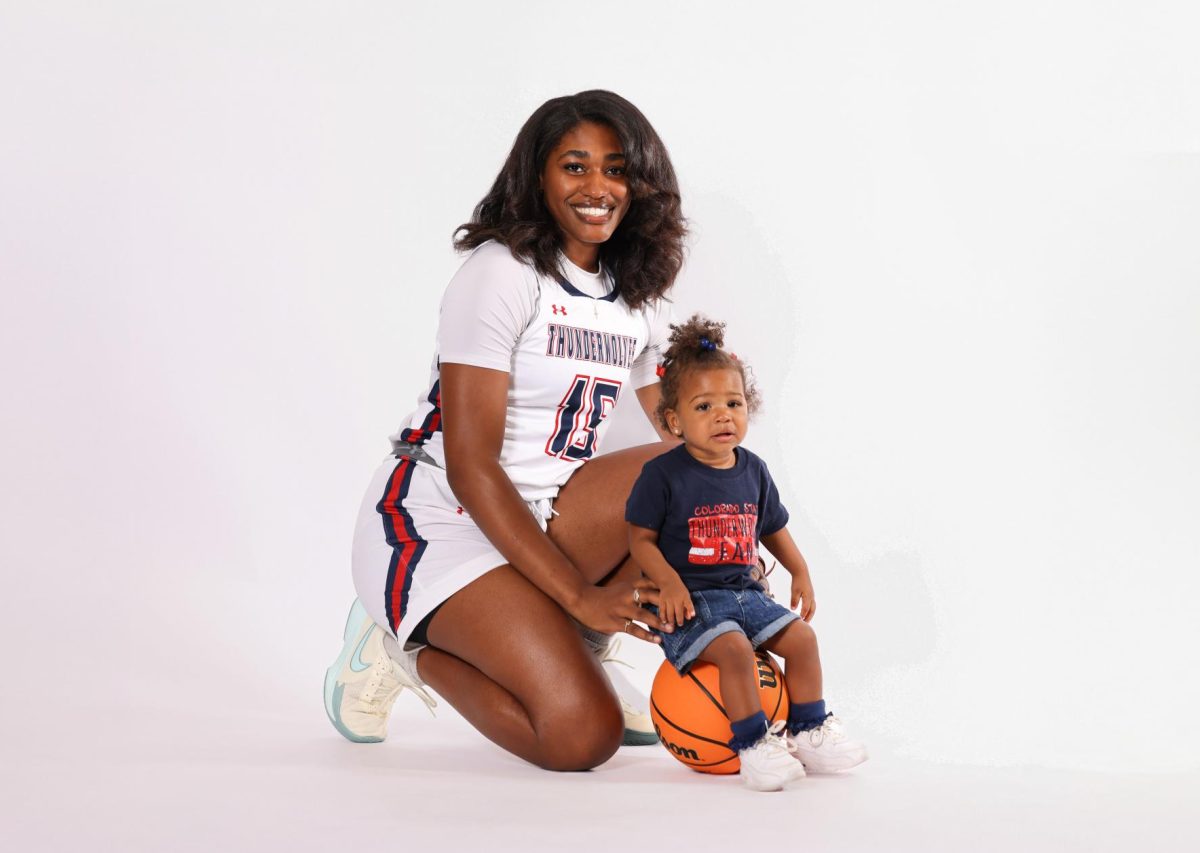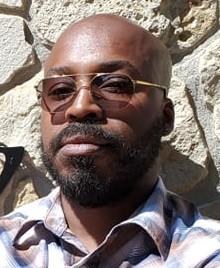 By Cassime Joseph
By Cassime Joseph
This year, CSU Pueblo celebrated Black History Month with an online opening presentation that had the very best of intentions. The Center for International Programs and Inclusive Excellence put together this event, titled “Brown Bag Dialogue – Black Health and Wellness with Ami Maureen Bajah-Onyejekwe,” on Feb. 10. Additionally, Joe Neguse, Colorado’s first Black U.S. representative, delivered the keynote address at 5 p.m. Friday in the Occhiato Student Center Ballroom.
The Feb. 10 event was meant to build community and share in dialogue related to the national 2022 Black History Month theme, “Black Health Wellness.” The event was facilitated by Ami Maureen Bajah-Onyejekwe, RN, MSN, the nursing simulation coordinator of the School of Nursing. The event promoted good health behaviors such as eating right, exercising and good mental health, and acknowledged the legacy of Black scholars and medical practitioners in Western medicine.
This was all great content and beneficial to the African American community, and I appreciate the efforts.
Unfortunately, the event missed its mark in the naming itself. “Brown Bag,” which is a common name for many of these “lunch and learn”-type lecture series here at CSU Pueblo, has historically been a colorist and discriminatory term for African-American people.
The word actually traces back to the “Brown Paper Bag Test,” which was used to judge African Americans’ skin color. The color of the paper bag was the symbol of how “black” an African American should be: If your skin tone was darker than the bag, you were not allowed access to an organization – and the benefits it provided – or you may even get kicked out altogether.
In a 2014 blog post, Dr. David Pilgrim, curator of the Jim Crow Museum at Ferris State University, cited a case in the late 1960s when a party at Yale University included the posting of a brown paper bag on the door. Anyone whose skin was darker than the bag was denied entrance.
“Imagine,” Pilgrim wrote, “These were students at one of the nation’s flagship universities. They were African Americans at an institution with relatively few students of color. While there, they were scrutinized, doubted and marginalized. And, yet, a fraction of the group decided to practice their own brand of bigotry-deny entry (friendship) to any black person darker than a standard brown paper bag. Why exclude their darker brothers? Because they, meaning those with lighter skin, not only had a fetish for white skin and Eurocentric features, but they had internalized the racist notion that light skin is a marker of intellectual, cultural, social and personal superiority-over and above darker people.”
** See related: Proposed system would bring innovative partnerships to critical conversation **
Pilgrim also cited research by Audrey Elisa Kerr, a professor of African American literature, documenting how the brown paper bag test was used at Black fraternities, sororities, social groups and even African American churches throughout the 20th century.
Additionally “Brown paper bag” is used for more significant class issues and colorism within the African American community. So using this kind of tone-deaf language while celebrating Black History Month is off-mark.
It’s not like this concern is new.
In July 2020, Oakland, California,-based recruiting and hiring consultant OnGig.com reported that companies like Amazon, Twitter and Apple were starting to ban the “brown bag” terminology out of concerns about racism (https://blog.ongig.com/diversity-and-inclusion/brown-paper-bag-test/). The companies were banning “brown bag” language even when describing a “brown bag session,” a phrase often used to describe a “lunch and learn” session, the blog post reported.
And as far back as 2013, government workers in Seattle were advised that the term “brown bag” was potentially offensive, multiple agencies reported.
CSU Pueblo did have the best of intentions in celebrating Black History month and also took time to incorporate this year’s theme, but missed its mark with the tone-deaf language.
However, with CSU Pueblo President Dr. Timothy Mottet’s leadership and the formation of the new diversity and inclusion committees, hopefully, there will be a change for the better.
Cassime Joseph is a student of media communication and a veteran of the U.S. Army.





![The cast of 'The Music Man' puts on a show at the Sangre de Cristo Arts and Conference Center. [Courtesy photo/Rebecca Higgs]](https://socostudentmedia.com/wp-content/uploads/2022/07/IMG_2750-scaled-1-1200x900.jpeg)
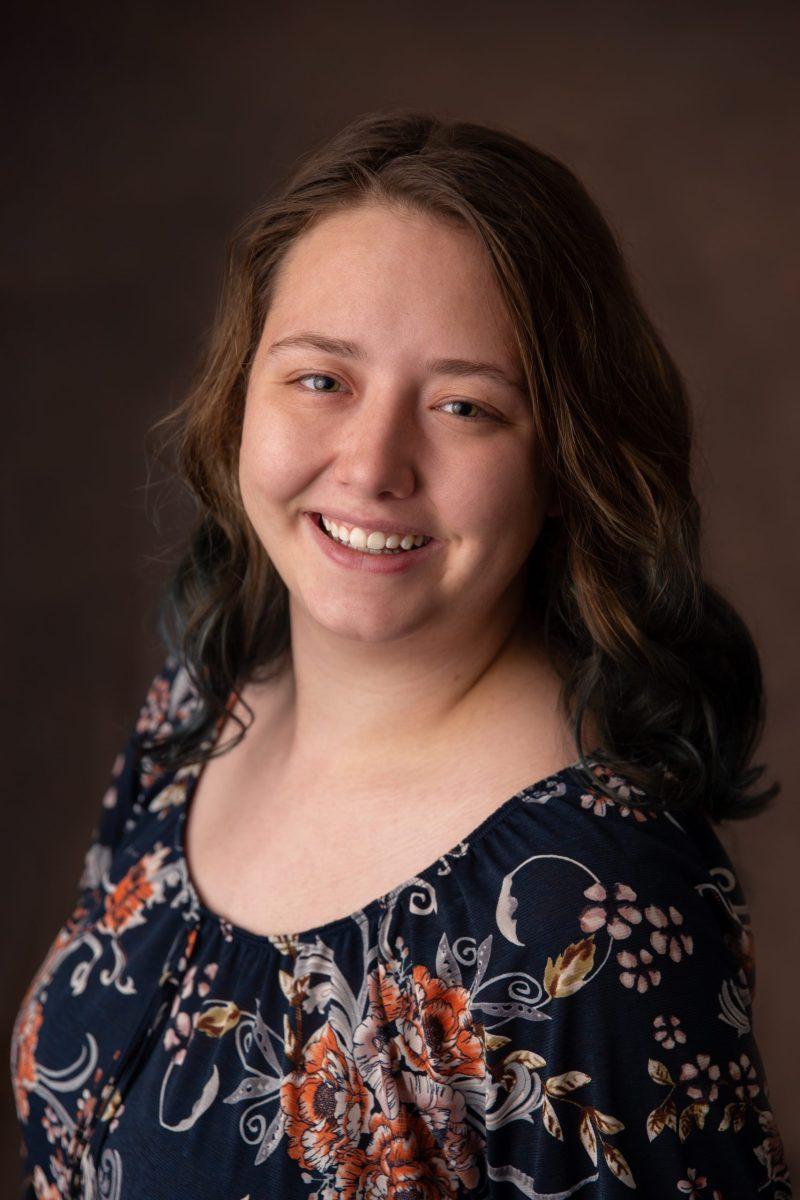
![Members of the CSU Pueblo Cheer and Dance squad perform Feb. 19 at Massari Arena. [Today photo/Brianna Sammons]](https://socostudentmedia.com/wp-content/uploads/2022/02/IMG_6486-1200x900.jpg)
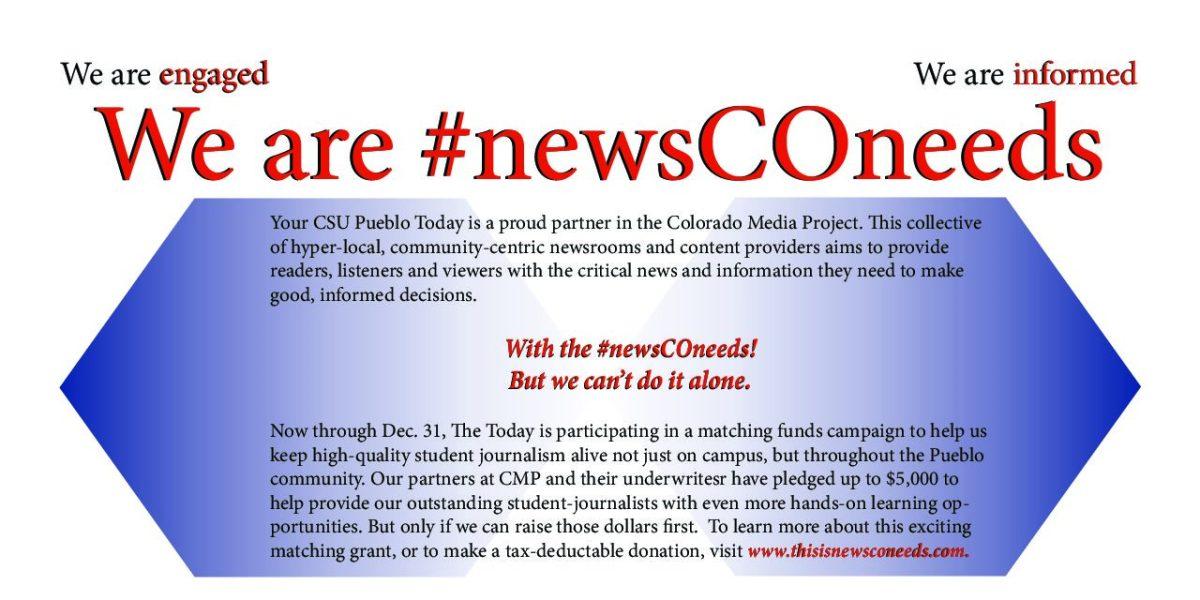
![Neubert's jersey hangs outside his locker at at the ThunderBowl in this courtesy file photo. [Courtesy photo/Cal Neubert]](https://socostudentmedia.com/wp-content/uploads/2021/12/image2-675x1200.jpg)
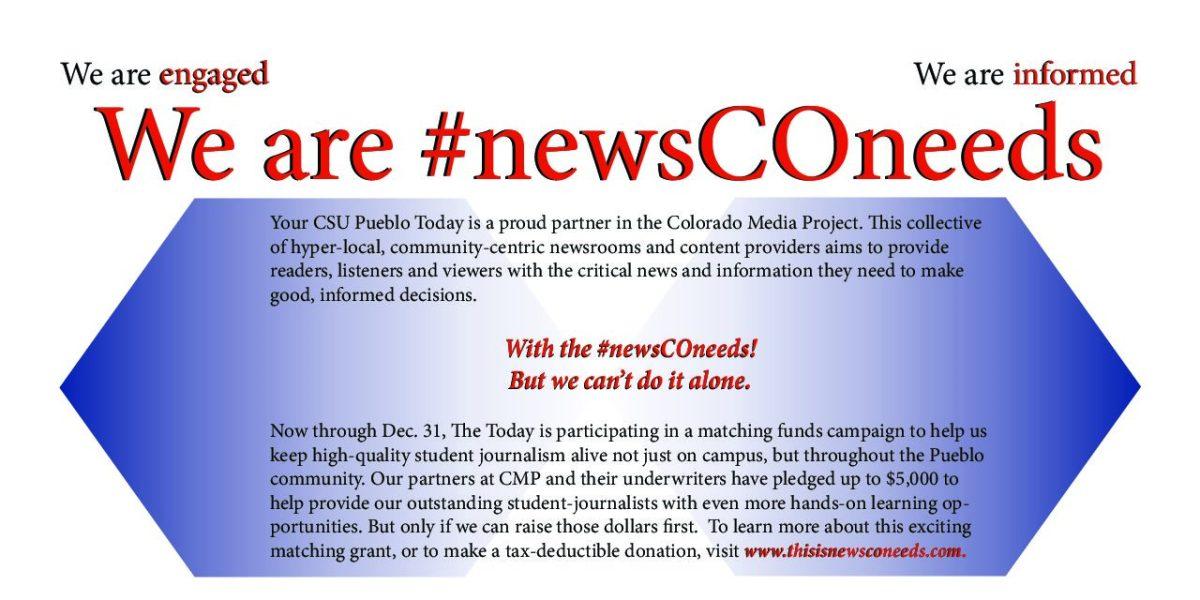

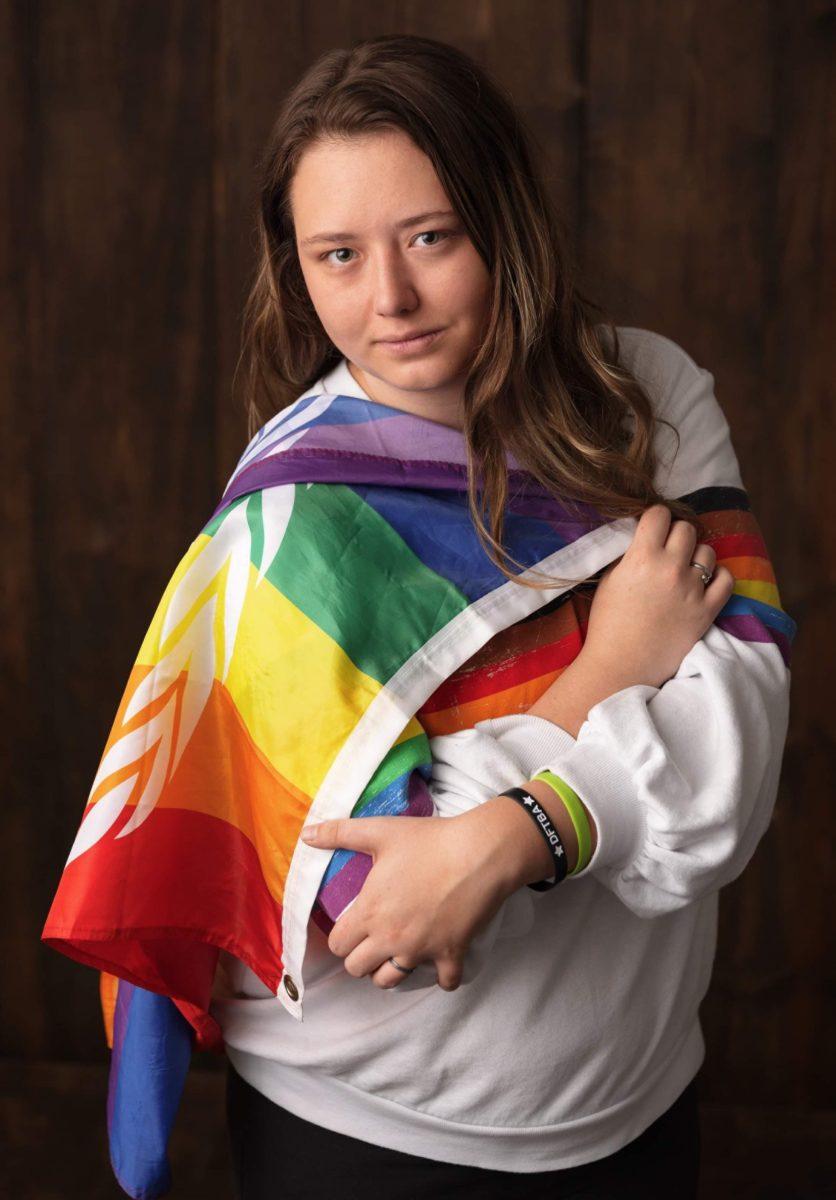
![Graduates await the chance to walk across the stage and receive their diplomas, May 7 at the ThunderBowl. [Today photo/Brenden Vigil]](https://socostudentmedia.com/wp-content/uploads/2022/05/IMG_3565-scaled-1-1200x674.jpg)
![Drug poisoning/overdose deaths in Colorado by involvement of specific drug type: Colorado residents, 1999–2017. [Courtesy image/Dr. Roberts]](https://socostudentmedia.com/wp-content/uploads/2022/04/Screen-Shot-2022-04-13-at-5.12.42-PM-1200x613.png)
